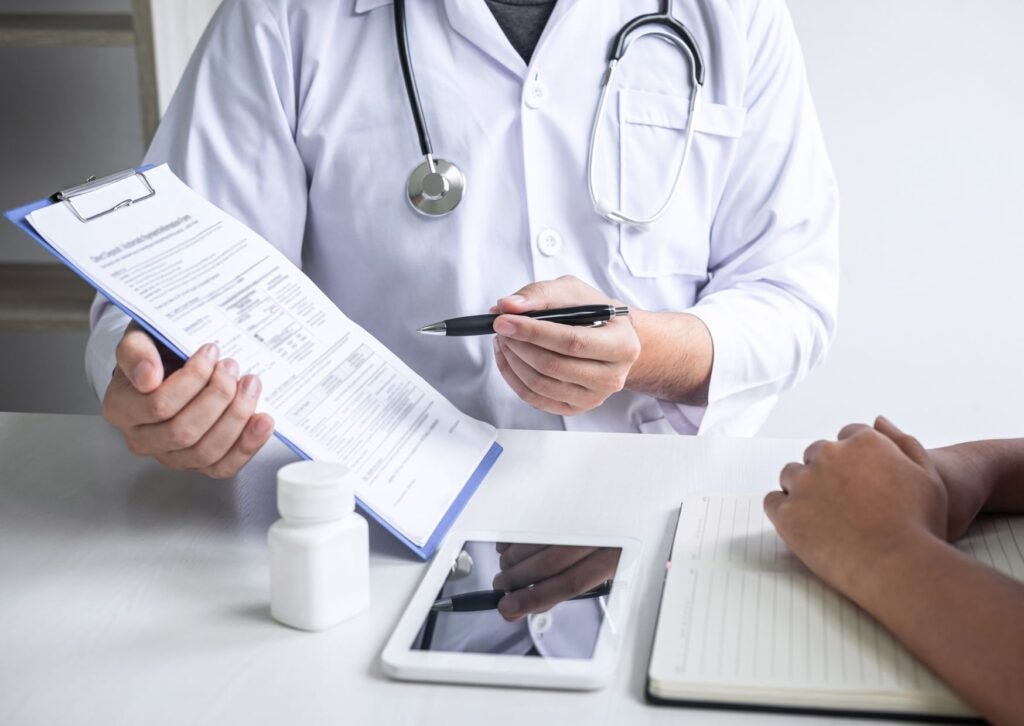The Impact of GPT Technology on Patients and Their Health Outcomes
GPT technology enhances patient care by providing personalized health information and support, leading to improved health outcomes and a more satisfying healthcare experience.
Generative Pre-trained Transformer (GPT) technology, such as GPT-4, has shown promise in various industries, including healthcare. Its advanced natural language processing capabilities offer numerous applications that can directly impact patients and their health outcomes.
This report explores how GPT technology can benefit patients and improve their overall healthcare experience.
GPT Technology Applications for Patients
Patients can benefit from GPT technology in several ways, including:
a. Personalized Health Information: GPT-powered chatbots or virtual assistants can provide patients with personalized health information and guidance based on their individual needs, medical history, and preferences, leading to better understanding and management of their health.
b. Mental Health Support: GPT technology can be utilized to create virtual mental health counselors, offering support and advice to patients struggling with mental health issues. This can help reduce the stigma associated with seeking mental health support and improve access to care.
c. Medication Adherence: GPT-powered applications can send personalized reminders to patients, encouraging them to take their medications on time and maintain adherence to their treatment plans, ultimately leading to better health outcomes.
d. Health Education: GPT models can be used to generate easy-to-understand health content, tailored to a patient's specific needs and comprehension level, empowering them to make informed decisions about their healthcare.
e. Remote Health Monitoring: GPT technology can be integrated with wearable devices and IoT systems, enabling patients to receive real-time feedback on their health and wellness, promoting proactive health management.
Benefits of GPT Technology for Patients
The integration of GPT technology into healthcare processes offers several advantages for patients:
a. Improved Health Outcomes: Personalized health information, medication adherence, and remote health monitoring can lead to better management of chronic conditions and overall improved health outcomes.
b. Enhanced Patient Experience: GPT-powered chatbots and virtual assistants provide instant support and guidance, leading to a more satisfying healthcare experience.
c. Increased Health Literacy: Access to tailored health education content can improve patients' understanding of their conditions and empower them to take an active role in their healthcare.
d. Reduced Healthcare Disparities: GPT technology can help bridge the gap between patients with different levels of health literacy, ensuring that everyone has access to the information and support they need.
GPT technology has the potential to positively impact patients and their health outcomes by offering personalized health information, improving medication adherence, and increasing health literacy. By integrating GPT models into healthcare processes, patients can benefit from a more engaging and supportive healthcare experience, leading to better overall health outcomes. Healthcare providers should consider embracing GPT technology to enhance patient care and promote a more patient-centric approach.


